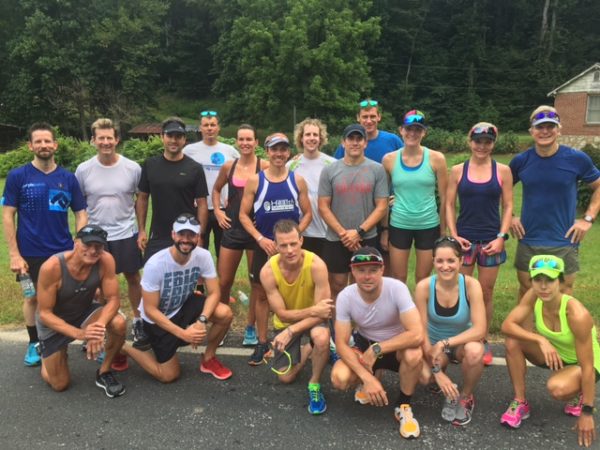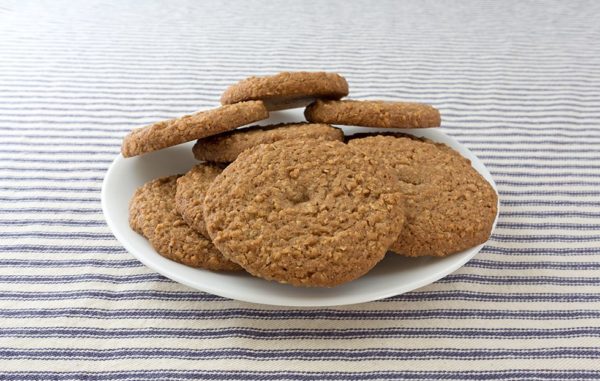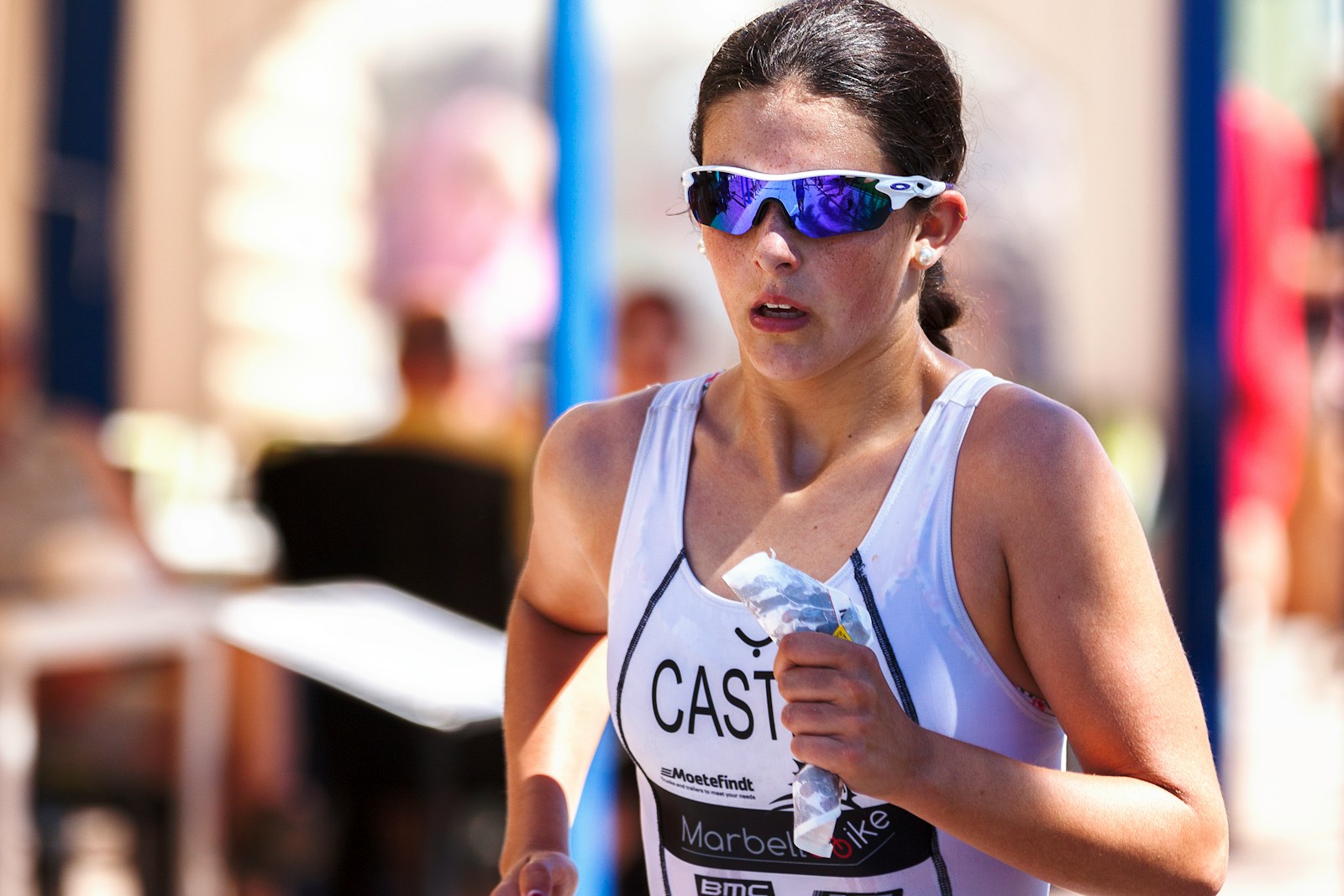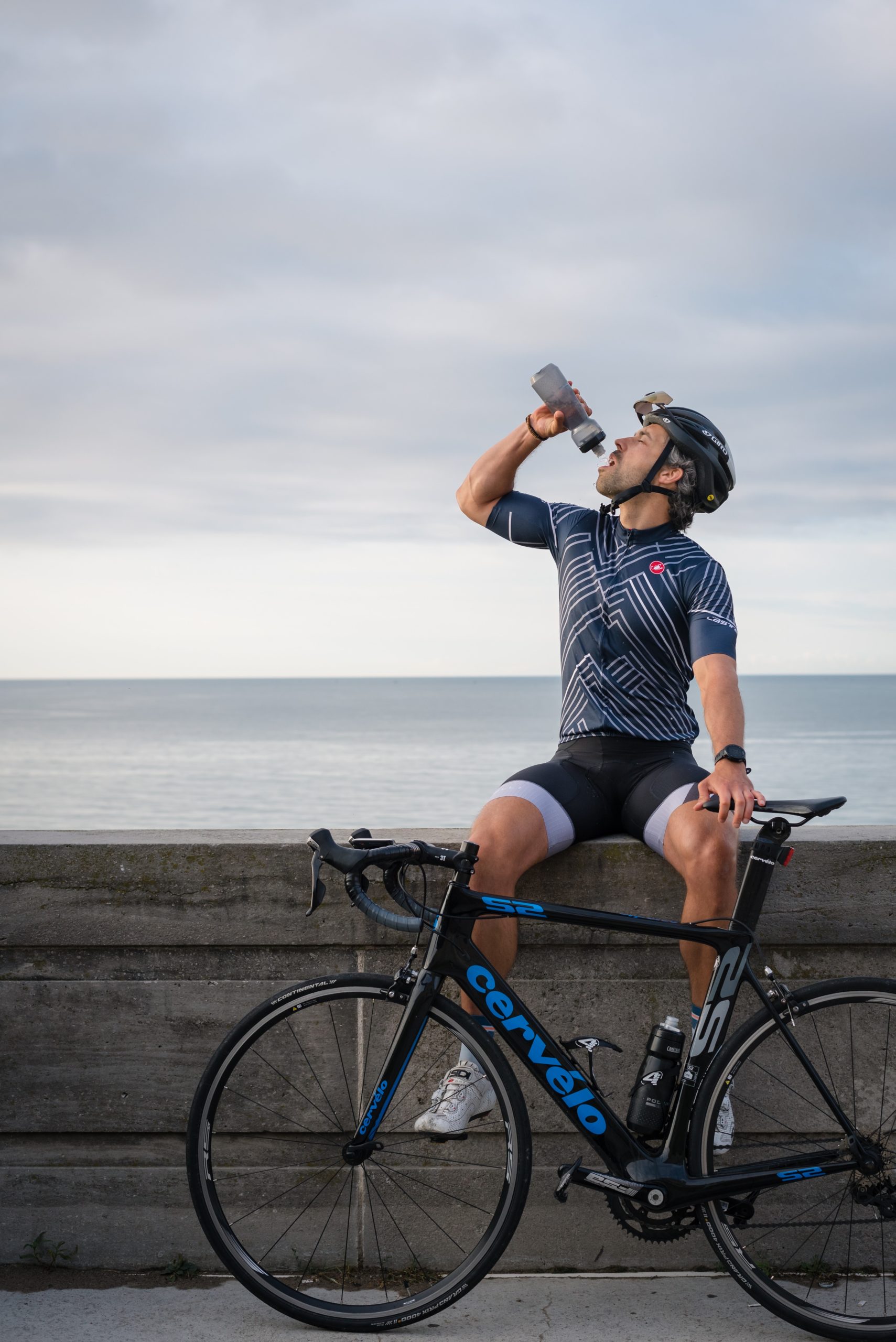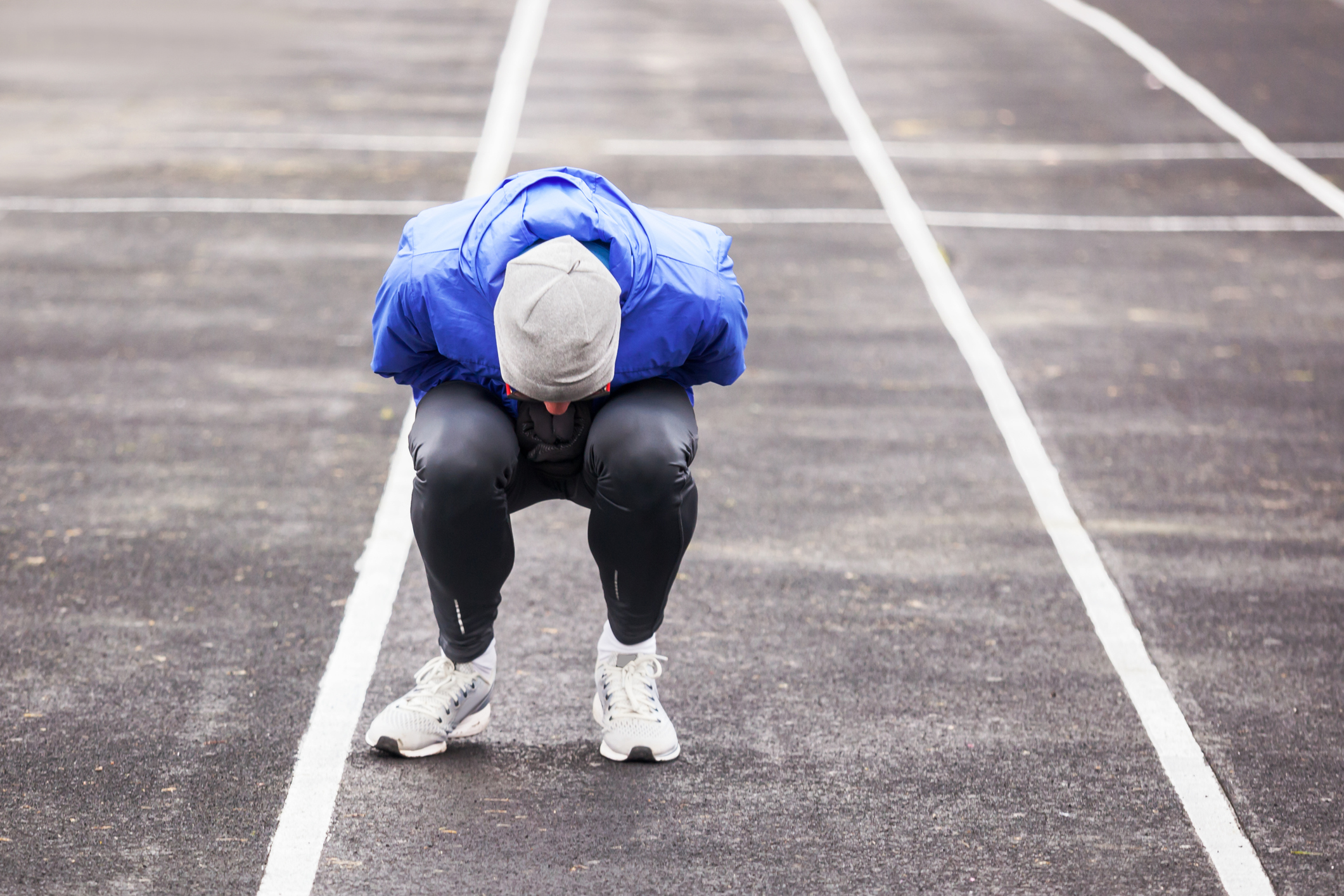Avoiding GI Distress in Endurance Triathlons
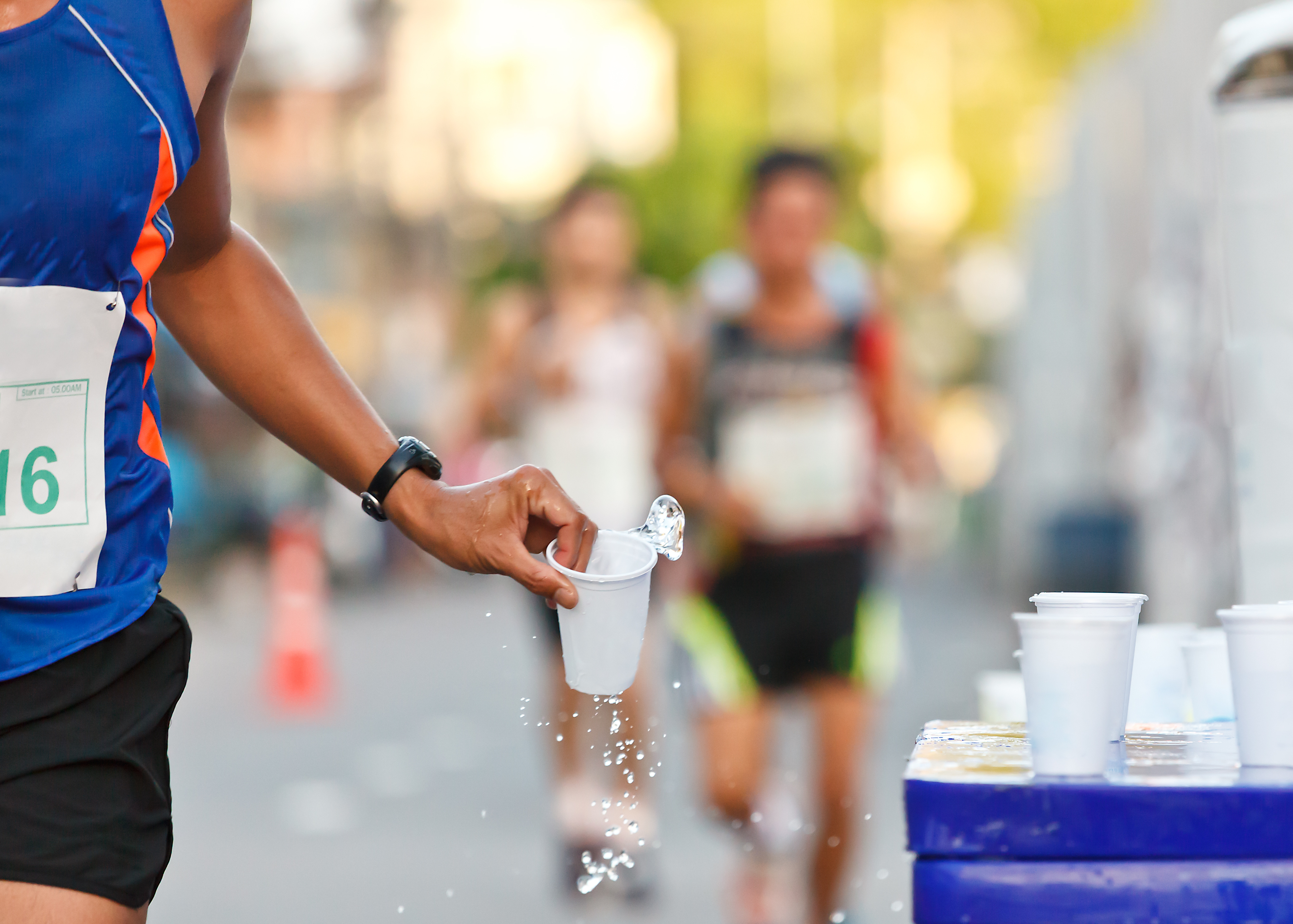
It’s race day, and you are ready to cash in on your hard-earned fitness after hundreds of hours devoted to swimming, biking, and running. During the race, all goes as planned in the swim and bike—only for a plethora of gastrointestinal issues to hit you on the run: nausea, bloating, reflux, stomach pain, cramping, diarrhea, and vomiting. Heaven forbid, you might even be at risk of a DNF!
If this is your story, you are not alone. GI problems are the most common cause of underperformance in endurance events. And in extreme conditions such as heat and humidity, they’re even more frequent. If you know someone who hasn’t experienced GI distress during a race, chances are they’re either new to the sport or not being completely honest with you.
Trouble on the Run
It’s no surprise that up to 90% of GI distress rears its ugly head during the run portion of an endurance triathlon. There are several reasons for this:
- During prolonged exercise, blood flow to the GI tract is impaired.
- The repetitive high-impact mechanics of running can damage the intestinal lining and gut, especially with inadequate training (think bricks).
- Failing to practice with an appropriate fuel plan and in race day conditions and intensities can set you up for GI issues on the run.
- It can start on the bike. Poor posture in the aero position puts pressure on the abdomen, causing stomach pain, bloating, and more problems on the run.
The good news is there are a few things you can do to help prevent GI issues.
Train the Gut
A preventive approach is always the smartest strategy, and just as you train your body for the race, you should also train your highly adaptable gut. Athletes who consistently train with the hydration/fuel plan they intend to use on race day have fewer GI issues, benefiting from improved carbohydrate and water absorption, faster gastric emptying, and adequate blood flow to the gut and intestine. Be mindful to include race intensity into long training rides and runs, and consider the temperature (hot or cold) and weather projected for race day. Use your training and a well-designed fuel/hydration plan to acclimate your body to race conditions as much as possible.
Nutritional Contributions to GI Distress
Eating on the straight and narrow beforehand can keep trouble from brewing during the race. Every athlete is different, and some are more prone to GI issues than others, but with appropriate nutritional choices and a well-designed fuel plan, the risk of GI distress can be decreased.
Dehydration—either due to inadequate rehydration or excessive sweat loss—can exacerbate the symptoms of GI distress. Be sure to consume 20–24 ounces of fluids per hour or more, depending on your sweat rate and the air temperature. Consume sports drinks with a carbohydrate concentration of 6 to 8%. Higher concentrations can slow gastric emptying.
High-fat and high-fiber foods in the two days leading up to a race will accelerate bowel movements and contribute to fluid loss, so it’s best to avoid too much of them.
Caffeine can worsen GI distress, whether you get it from coffee, tea, soft drinks, chocolate, energy drinks, or sports supplements. If you plan to use caffeine on race day, be sure to test drive appropriate dosages in training.
Fructose as a main or sole source of sugar—from sports drinks or supplements—can increase GI issues. Again, be sure you have trained with these products before race day.
Lactose—even a mild lactose intolerance can wreak havoc on the gut during exercise. Try alternatives like soy, rice, and almond milk products.
NSAIDs—such as Ibuprofen, aspirin, Motrin, Aleve, and Advil to name a few—have been shown to cause a leaky gut and lead to GI distress.
Race Day Doom—What to Do when GI Distress Hits
At some point, the dark cloud of GI distress looms over all of us. Instead of getting frantic, here are some strategies you can use to ride out the storm and get to the finish line in one piece.
Problem solve to figure out the cause of GI issues. Ask yourself: Are you dehydrated? Are you sweating or did you stop sweating? Think about whether you’re low on sodium. Do you feel grainy powder on your face or see white residue on your tri top? What’s your heart rate—is it too high? Does this effort feel too hard for the distance you have left to travel?
Slow down and reduce your heart rate to allow more blood flow to your gut to aid in digestion. It is a race, but letting up on your pace can save time if it helps with a GI situation that slows you down in the long run. Move to a smooth walk to let the intestines and gut calm down.
Drink water to dilute the concentration of sugar in the stomach. If you have a sloshy stomach and have consumed too much water, sip Coke or Gatorade.
Reach for ice, because the colder the drink, the faster it’s absorbed. Be proactive in asking for ice at the aid stations. Suck on ice cubes as you walk or pour cold water down your pants to cool the blood flow leading to your legs.
Avoid taking in fuel—when it comes to GI distress, adding fuel to the fire is a bad idea. Once gastric emptying has slowed or stopped, piling anything more into the gut only exacerbates problems.
Simple Rules
What works for one athlete won’t necessarily work for another. We are all unique, and our needs vary widely, but there are some cardinal rules we should all follow.
- Educate yourself on the fuel served on the race course, and test it in training to make sure it agrees with you.
- Test your fuel plan over and over in training, and dial it in for race day conditions and intensities.
- Test sweat rate in training, so you have an idea of how to offset dehydration. An indicator of good hydration in an Ironman is that you should need to pee every 2.5 hours on the bike.
- Stick to your pre-race meals and timing as practiced in training.
- When cooling down in a hot, humid race, think of the mouth first, the body second. The tendency is to pour water over your head as you approach the aid station, but it is most effective in the long run to get it in the mouth first.
- Don’t change your fuel plan on race day—no matter what!

